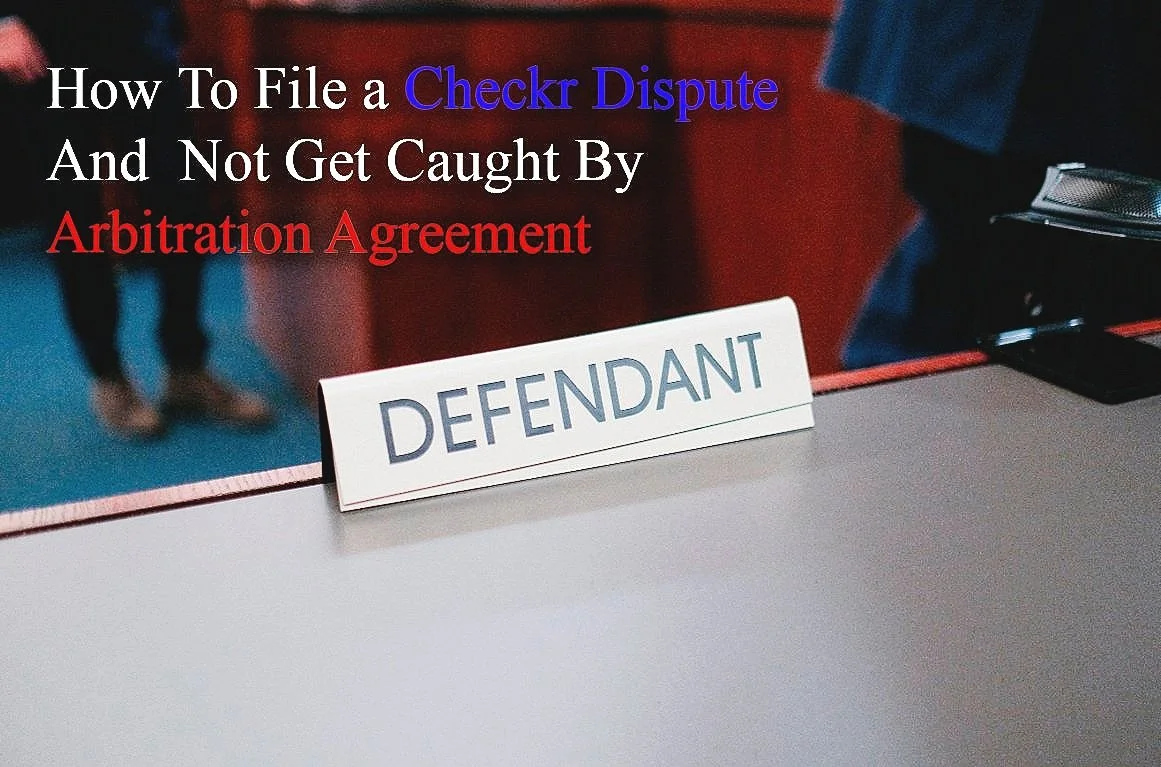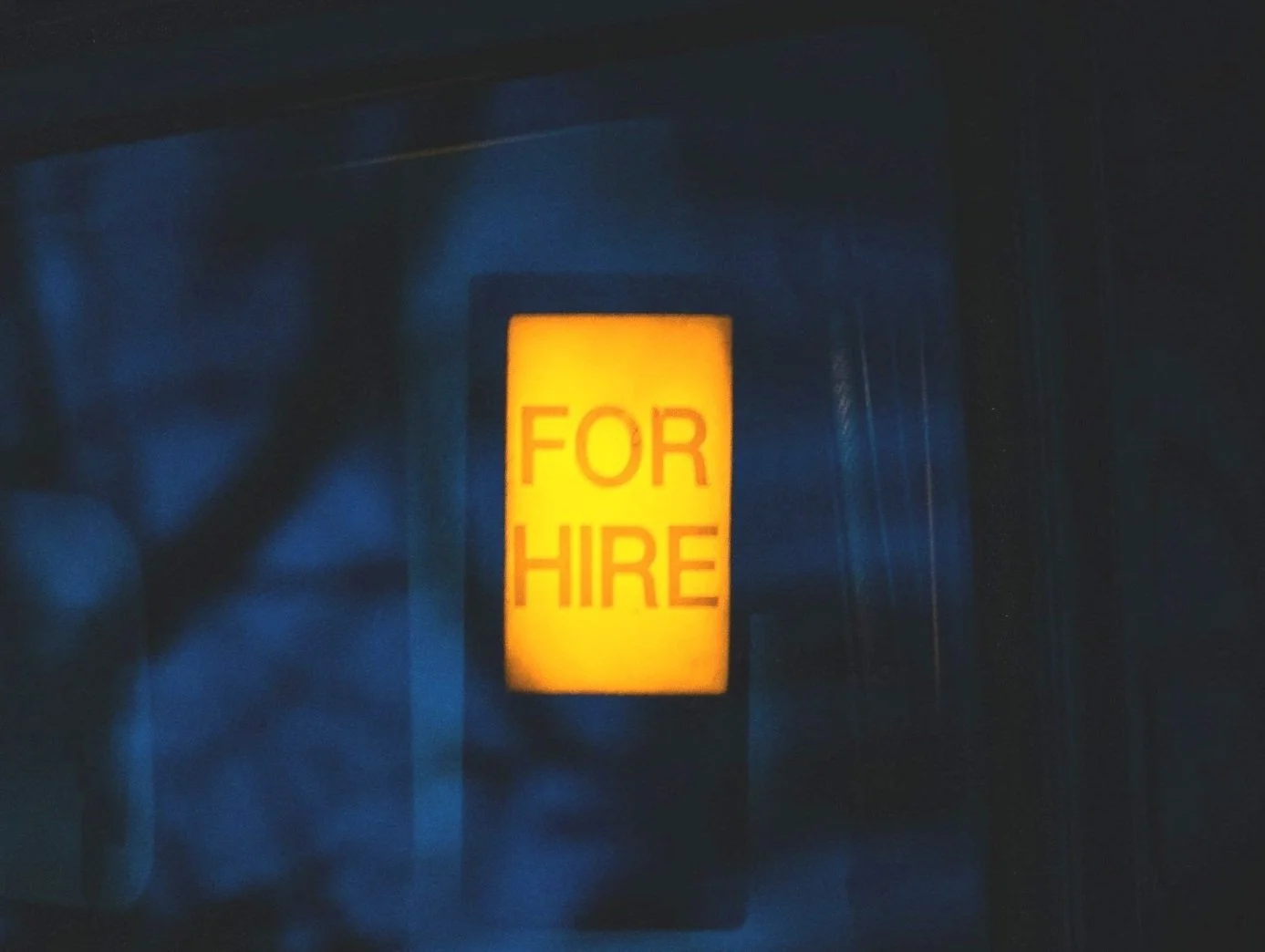Can I Sue Checkr For Reporting Inaccurate Information?
Yes, you can sue Checkr in federal court if they report inaccurate information on your background check, leading to an employment denial. Checkr is regulated by the FCRA, a law that protects consumers from inaccurate and misleading background checks. Suing Checkr is the best solution for consumers who have suffered due to data mismatches or Checkr’s failure to update records in a timely manner.
Sue Checkr for Reporting Someone Else’s Criminal Record
If you applied for a job and Checkr provided a background report that contained records that belong to another individual, it usually means that Checkr failed to match the records correctly and violated the 15 U.S. code § 1681e(b), this law clearly states that consumer reporting agencies must ensure maximum accuracy in reports before sending them to potential employers. If Checkr fails to verify an applicant using their name, date of birth, SSN, driver’s license, and other identifiers, the consumer has the legal right to file an FCRA lawsuit to seek compensation and report correction.
There are other Checkr mistakes which fall under a violation of the paragraph § 1681e(b):
Checkr reported a criminal case that has been sealed or expunged;
Checkr reported outdated status on the case (eg, reporting a resolved case as pending);
Checkr failed SSN validation or Driver’s Licenses verification;
Criminal case and driving record information is publicly available on court websites and can also be obtained by phone or mail. Under the FCRA, Checkr must report records exactly as they appear in official court records.
However, not all courts provide seamless access to records. In California, for example, obtaining an official court record can take weeks. This is likely why Checkr purchases information online instead of requesting it directly from the courts - allowing them to run background checks within seconds but also leading to frequent errors.
If your Checkr report contains inaccurate or outdated information, contact us. We’ll sue Checkr on your behalf to get you the best outcome and compensation.
Checkr Complaint Hotline
866-760-4881
Sue Checkr for Failing to Resolve Your Dispute
Checkr often fails to correct the mistake even after a consumer filed a dispute. In this situation, the consumer has no other choice than bringing his case to an FCRA attorney and suing Checkr in federal court. Failing to resolve a dispute violates the 15 U.S. Code § 1681i - this law outlines the procedures that Checkr has to follow while investigating a consumer’s dispute.
During investigations, Checkr typically verifies information with the online source where it was purchased, rather than directly with the court. The reason for this is the same as why the inaccuracy occurred - verifying information with the courts is not easy. Sometimes, verifying information solely through Checkr's algorithms is impossible. Some courts charge a fee for case records, and others may even require payment by mailed check to process a request.
Our legal assistants are trained to obtain court records and communicate with courts to verify inaccuracies and gather necessary documents to sue Checkr in federal court. We handle document requests effectevely, and if the court cannot provide paperwork, our team works directly with clerks to gather case details, ensuring the strongest evidence for your FCRA case.
If a dispute with Checkr is necessary, our paralegals will assist you in preparing a strong statement, attaching the required documents, and submitting it properly. We will monitor the process closely, and as soon as there is an opportunity to seek monetary compensation, we will file a lawsuit against Checkr instead of just a dispute.
Suing Checkr: What to Expect and How to Prepare
With the help of our legal assistants, you won’t face any issues preparing and filing your case against Checkr. As mentioned earlier, our team will assist in obtaining the necessary documents and guide you through the process to present your case before a judge.
Preparing documents and assessing damages:
Before filing a case, our legal assistants typically help consumers gather the following documents needed to effectively sue Checkr:
A copy of the inaccurate Checkr background report;
Denial letters or adverse action notices received due to an inaccurate background report.
Court documents and other evidence proving Checkr’s error.
After we collect all necessary documents, you will discuss your case with our paralegal to assess the damages caused by Checkr’s inaccurate report. To sue Checkr, these damages must be properly articulated and presented in court. As a consumer, consider the inconvenience, humiliation, stress, wasted time, and the approximate salary lost due to the error.
Filing a Case and Navigating the Litigation Process:
Once all evidence is collected and the consumer has detailed the damages and emotional distress caused by Checkr’s mistake, our team of case managers and attorneys will handle the litigation process. We will draft a detailed complaint outlining the facts of your case and the errors in your background report. The complaint will be provided to you for final review and approval before being sent to Checkr to initiate a federal case.
After that, we will wait for Checkr to respond to our complaint. Most cases against Checkr are settled before going to trial, as the mistakes are often so evident that Checkr cannot argue or build a solid defense. If Checkr chooses to proceed with the trial process, the consumer may suffer further income loss and accumulate additional damages. This is why Checkr typically seeks to settle cases as quickly as possible.
Even though 99% of cases against Checkr don’t go to trial, our attorneys have trial experience and are ready to fight Checkr until the consumer gets the justice they deserve.
Resolution and Settlement:
At the resolution of your case, Checkr will be required to provide you and your attorney with an updated and revised version of your background report. This updated report must also be sent to employers and other parties who previously received the inaccurate Checkr report. The consumer must confirm that the report has been fully corrected and reflects accurate information; otherwise, the case cannot be closed.
Beyond that, Checkr must fully compensate you for lost income, emotional distress, and any damages suffered due to their reporting error. This includes statutory damages under the FCRA, reimbursement for wasted time disputing the mistake, and potential punitive damages if Checkr's negligence was particularly severe.
What We Expect from Consumers When Suing Checkr on Their Behalf:
One of the key factors in building a strong case against Checkr is the client’s responsiveness. Even the most skilled attorney or paralegal cannot assist a client who does not answer phone calls or emails. As mentioned earlier, the consumer must approve the complaint when the case is initiated and confirm the accuracy of the corrected report when the case is resolved. If a consumer suddenly stops responding, and we are unable to reach them, the court may eventually dismiss the case. This could result in the consumer losing their right to compensation and being left with an inaccurate background report.
Please keep in mind that we are here to help you and find the best solution for your case. We are not here to judge you for your past or make any decisions based on it. That’s why it is crucial for consumers to be honest with our legal assistants and attorneys and provide truthful information, at least to the best of their knowledge.
If you have been affected by an inaccurate Checkr report and want to sue Checkr for damages, just give us a call - we'll handle the rest for you and with you!













DoorDash, Uber Eats, Instacart, Amazon, Grubhub… The delivery workers are being deactivated from their accounts due to the mistakes on their criminal reports produced by Checkr Inc.